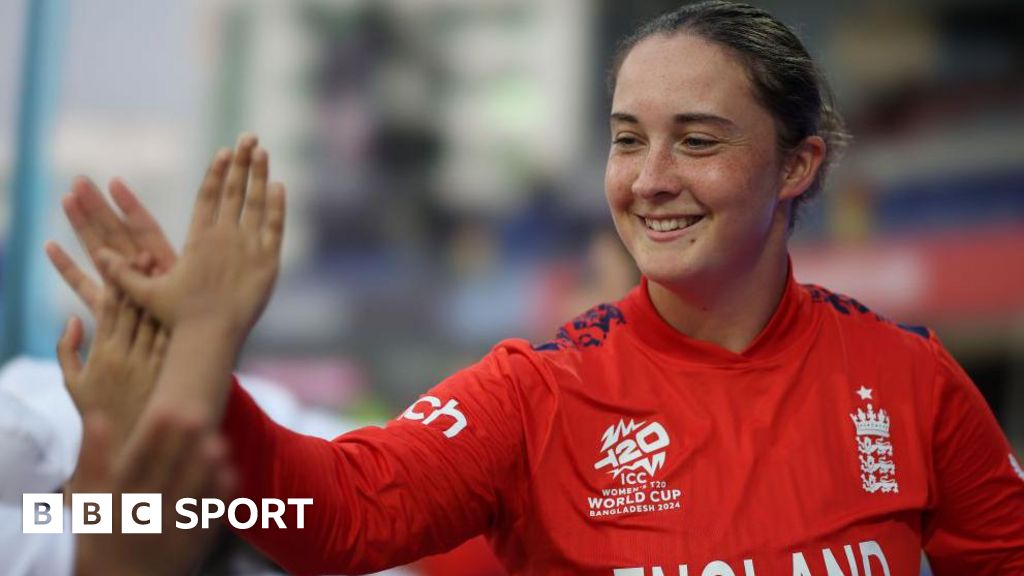Whenever big news stories involving the BBC come along, journalists at BBC News and BBC Sport are required to report on the corporation just like they would with any other information that is in the public interest.
BBC News and BBC Sport are internal divisions of the BBC, meaning journalists working here are not always privy to big decisions taken by those at the top of the corporation.
That means staff handle news involving their employer with the same approach and standards they would any other story - by attempting to verify information, contacting the press office, and requesting comment and interviews from those involved in the story.
They then aim to communicate the news to the public in the most impartial, timely and transparent way possible.
Journalists working for BBC News and BBC Sport sometimes even 'doorstep' their bosses - approaching senior figures for unplanned interviews at home, in corridors or on the street to discuss important, newsworthy matters.
Sometimes stories involving the BBC might be reported elsewhere first, for various reasons. Other media outlets may have been given information by a source that has not yet reached BBC journalists, or might have a different approach to the way they publish news stories.
BBC Sport has a policy of 'double-sourcing' the news it reports - verifying information with at least two separate entities before publishing to ensure that our news reporting is accurate.
The news that Gary Lineker will leave Match of the Day at the end of season is one example of BBC journalists having to report on a big story involving their employer. So, how has the BBC informed its audience about the story?
Lineker's departure was first reported by other media outlets, before being reported by BBC News 50 minutes later - after journalists had managed to confirm its accuracy. This was before an official announcement was made by the corporation.
The BBC's Director of Sport Alex Kay-Jelski then confirmed the news to staff in an email the following morning, and an official press release was distributed by the BBC press office shortly afterwards.
Kay-Jelski said in his note to staff: "I appreciate you all ideally want to hear news from us first before reading things in the media. We will always try our best to make that happen but we have to respect private conversations and negotiations first and foremost so that won't always be possible."

 By BBC (Sports) | Created at 2024-11-12 20:55:36 | Updated at 2024-11-18 10:33:48
5 days ago
By BBC (Sports) | Created at 2024-11-12 20:55:36 | Updated at 2024-11-18 10:33:48
5 days ago








